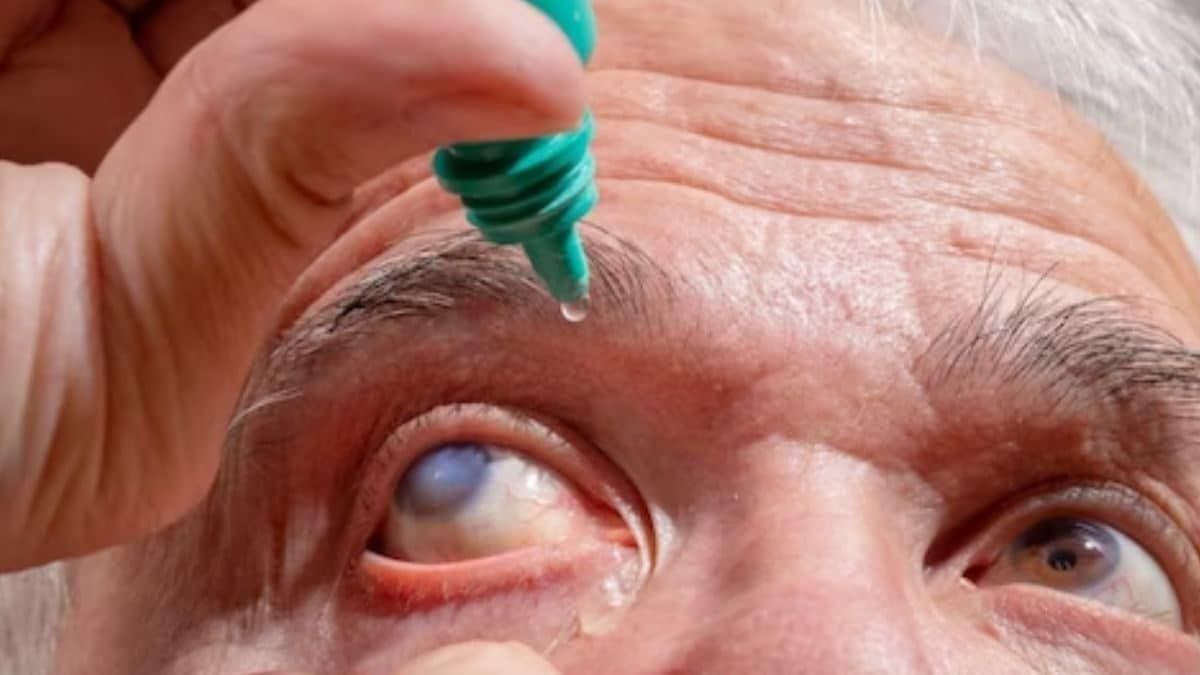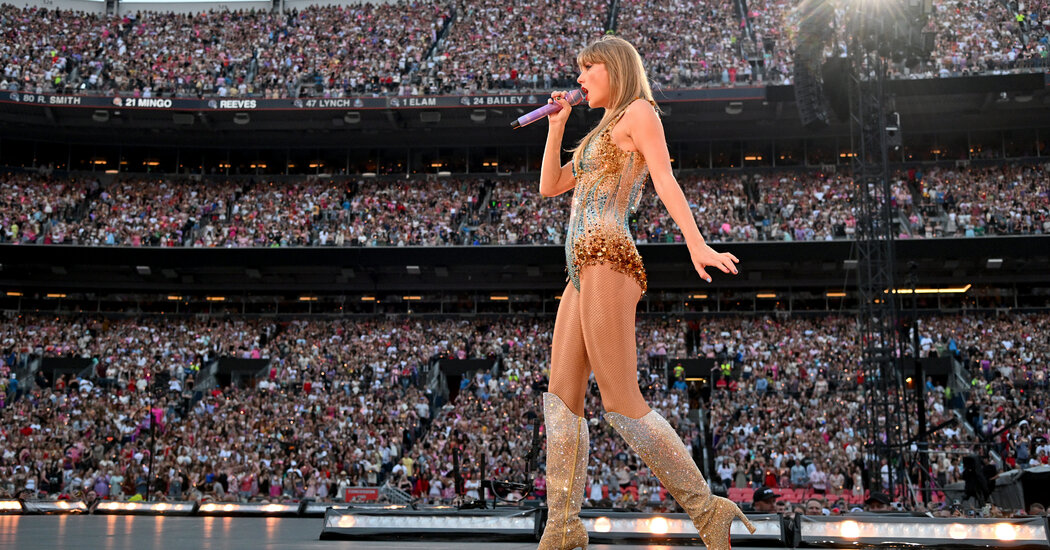Glaucoma is often called the silent thief of sight.
Dr. Roma Johri, Glaucoma Consultant at Sri Shankara Nethralaya, Hyderabad, offers a comparative analysis of eye drops and laser surgery for glaucoma patients.
Glaucoma, a group of eye disorders that damage the optic nerve, is a leading cause of vision loss. In most cases, it is due to fluid buildup in the eye, which increases intraocular pressure (IOP). Primary open-angle, closed-angle, normal tension, and congenital glaucoma are common types.
Eye drops serve as primary treatment, tailored to the patient's target IOP and ocular/systemic condition. Available in individual or combined formulations, they regulate fluid production and drainage. Compliance and adherence pose challenges that require frequent monitoring and possible treatment adjustments. While efficient and non-invasive, eye drops can be expensive and difficult to administer, but they offer flexibility in adjusting treatment.
Laser surgery is mainly of two types: selective laser trabeculoplasty (SLT) for open angle and laser peripheral iridotomy (LPI) for closed angle glaucoma. SLT is an outpatient laser procedure designed to selectively target pigmented trabecular meshwork cells within the angle of the eye. By doing so, it improves the outflow of aqueous humor, subsequently reducing intraocular pressure (IOP). LPI creates an alternative pathway for fluid flow by creating a small hole in the iris, while SLT improves the function of the drainage pores. Laser surgery is minimally invasive, cost-effective, provides stable IOP, and a good option during pregnancy (when most eye drops are unsafe). However, it can take weeks for effects to show and some patients experience temporary pressure spikes after surgery. While generally safe, SLT may require repeat procedures or added therapy (eye drops/surgery) later and may have rare side effects, including eye discomfort and inflammation.
In summary, both eye drops and laser surgery offer effective glaucoma treatment, each with their own advantages and disadvantages. Eye drops provide simplicity and adjustability, but require diligent compliance, while laser surgery offers a minimally invasive treatment with potential long-term benefits. The choice between them depends on individual patient factors, treatment goals, and doctor's recommendations.












